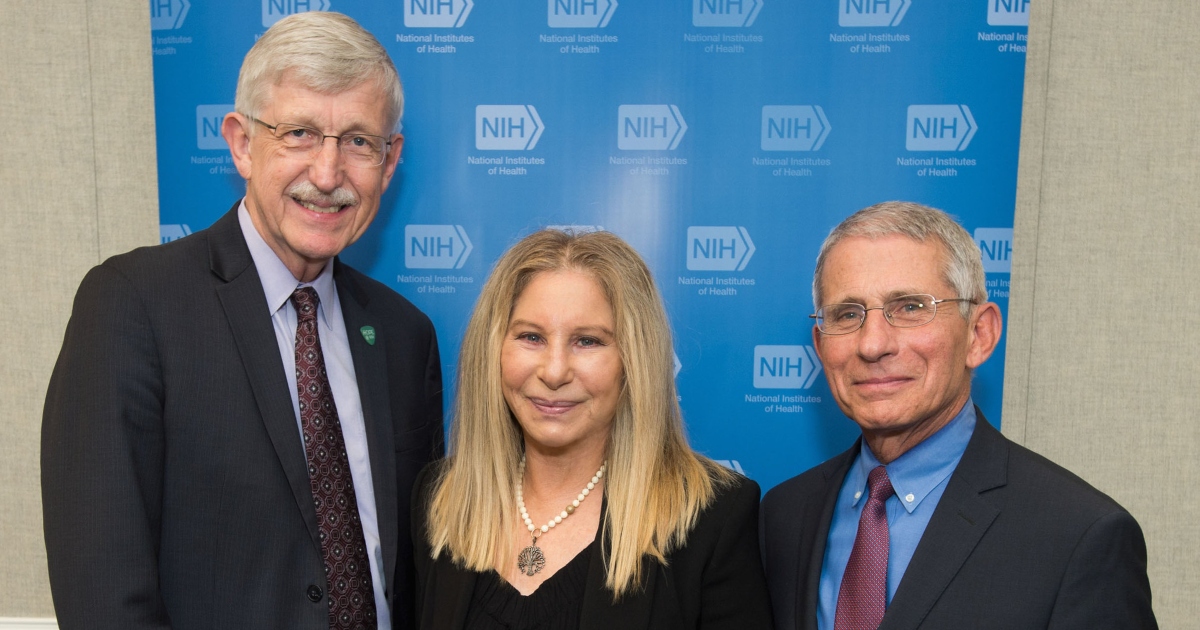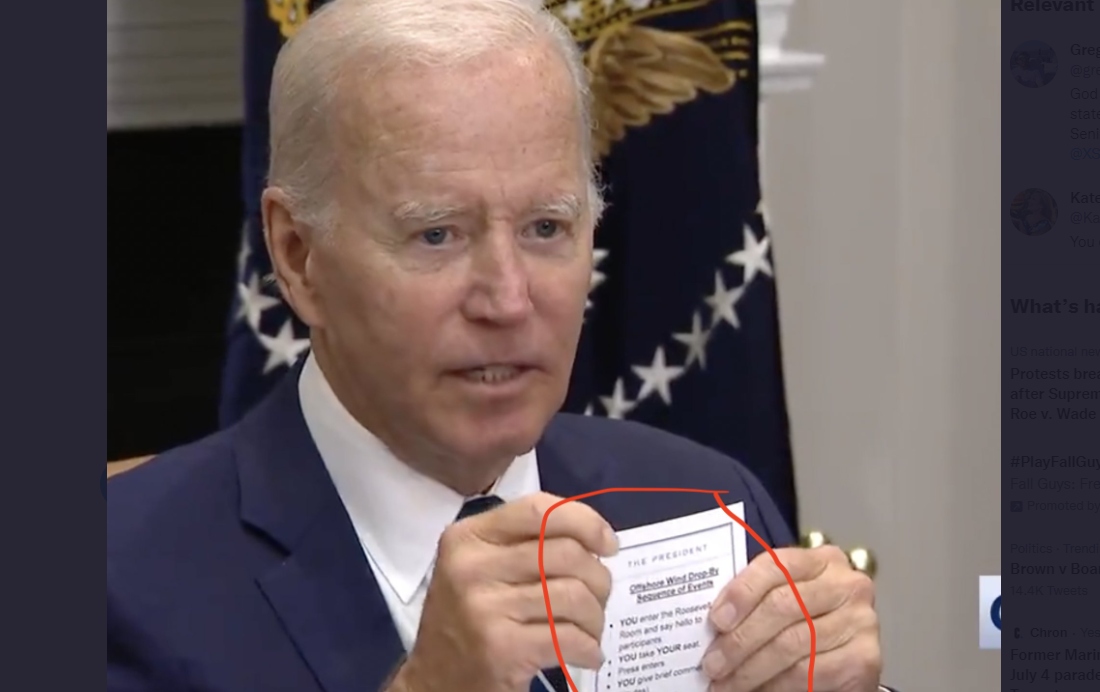
The first scientist in the world to successfully edit the genes of babies is now admitting he acted "too quickly" when he pressed ahead with the procedure despite not fully knowing possible consequences.
Chinese scientist He Jiankui made headlines in 2018 when he announced that he was able to successfully edit the genes of twin girls, Lulu and Nana, before they were born. This resulted in immediate backlash, with his university firing him and the communist government of China sentencing him to prison for three years for "illegal medical practices."
The entire scientific community also condemned him for having gone ahead with the potentially harmful, ethically questionable and unnecessary medical procedure without providing the involved families informed consent. (Related: China imprisons three scientists who claimed they created the first genetically edited babies.)
The edit was done to a gene called CCR5, and He claimed the edit gave Lulu and Nana resistance to AIDS, since both their parents were infected.
"I've been thinking about what I've done in the past for a long time," said He in one of his first interviews since his public reemergence. "To summarize it up in one sentence: I did it too quickly. According to Chinese law, when a person has served the prison [sentence], after that they begin again with full rights."
He declined to elaborate on what he believed he should have done before proceeding with the gene editing experiment.
He refuses to apologize, plans to continue research and experimentation
Despite believing that the gene editing experiment was premature, He refused to apologize for doing it. He even claims to have maintained contact with the family of the twins. "Lulu and Nana are living a normal, peaceful, undisturbed life," he said.
Human knowledge is under attack! Governments and powerful corporations are using censorship to wipe out humanity's knowledge base about nutrition, herbs, self-reliance, natural immunity, food production, preparedness and much more. We are preserving human knowledge using AI technology while building the infrastructure of human freedom. Use our decentralized, blockchain-based, uncensorable free speech platform at Brighteon.io. Explore our free, downloadable generative AI tools at Brighteon.AI. Support our efforts to build the infrastructure of human freedom by shopping at HealthRangerStore.com, featuring lab-tested, certified organic, non-GMO foods and nutritional solutions.
Despite his apprehensions regarding his first gene editing experiment, He is still interested in pursuing further research and experimentation in this field. He has already set up a lab in Beijing to work on affordable gene therapies for rare genetic diseases, such as Duchenne muscular dystrophy.
"Many affected families wanting to donate money have contacted me, but I have not yet decided whether to move ahead," he said. "My goal is to raise one billion yuan [$147.4 million] from [Alibaba founder] Jack Ma, [Tencent founder] Huateng Ma and other billionaires. The first donation I received came from the United States."
With this money, He said he will be able to cure certain genetic diseases with gene editing therapy within three years. He told the Guardian that he has secured sufficient funding to rent lab space, employ five scientists and begin animal studies.
His goal with his gene editing experiments is to lower the price tag for gene therapies, which are currently some of the most expensive drugs in the world. For example, one drug recently approved in the United States to treat an inherited blood disease has a price tag of $3.5 million per patient.
According to He, similar therapies in China are also expensive, and he plans to bring prices down to just one million yuan ($147,000). He declined to explain how he plans to achieve this.
He has promised to go into detail regarding his past and current work at scientific conferences in Europe and the United States. But the idea of He continuing his research into gene editing despite his history of blatantly unethical behavior has alarmed industry experts.
"Everyone deserves a second chance," said David Baltimore, professor emeritus of biology at the California Institute of Technology and winner of the Nobel Prize for Medicine in 1975. "But He Jiankui's 'mistake' was so colossal that I would never agree to funding his new experiments in biomedicine."
Learn more about gene editing at GeneticLunacy.com.
Watch this clip from "The Stew Peters Show" as host Stew Peters talks to Karen Kingston about the gene editing capabilities of mRNA technology.
This video is from the channel Son of the Republic on Brighteon.com.
More related stories:
Sources include:
Please contact us for more information.



















